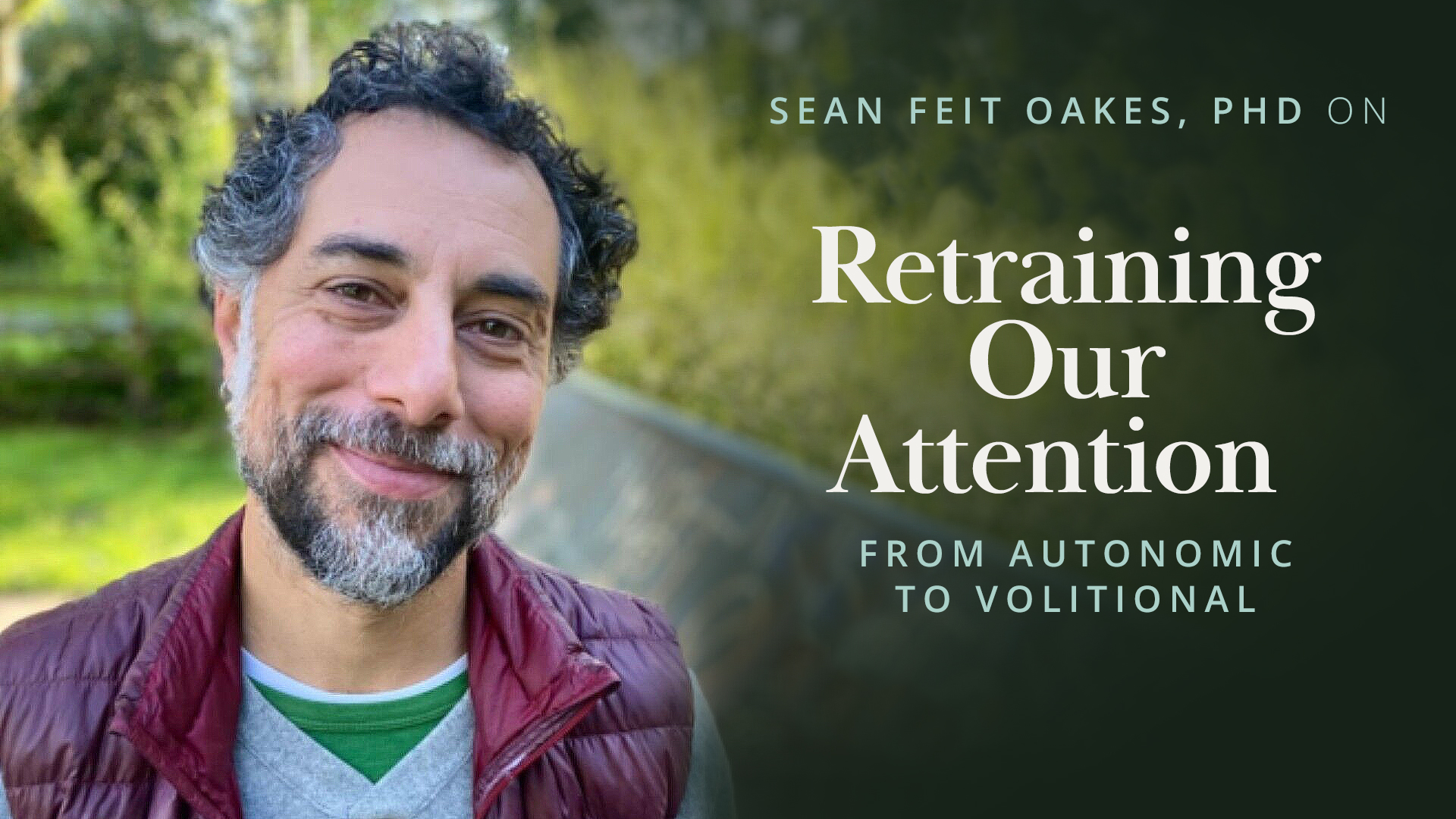The Rural Life / By Jennifer Forsberg Meyer
Rewiring Your Brain
Sometimes things intersect in a way that makes you sit up and take notice. This happened to me recently. It started with some spectacular nature programs—the BBC series available on Netflix. My husband and I love them, and have so far zoomed through “Life,” “Life on Earth,” “Nature’s Great Events,” and more. We ration ourselves to one episode a night.
They are beyond fabulous. If I had a dollar for every time I’ve turned to my husband and exclaimed, “Did you know that?! I had no idea!,” I could buy a new recliner.
As we watched these splendid programs, the concept of “eat or be eaten” was burned into our consciousness. This was especially true with “The Blue Planet,” the program featuring the astonishingly varied life forms in Earth’s oceans. Watching these marine creatures strive to avoid becoming each other’s lunch, I tried to imagine what it’s like to know that, at any given moment, a predator might be stalking you from the front, rear, one side, the other side, above you—even below you.
Your sudden death could come from any direction at any instant!
No wonder, I thought, that some primeval ancestor of ours finally decided to take its chances up on land. There, at least, you’d know nothing can attack you from underneath, plus there are fewer predators to swoop or pounce from above.
It had to provide at least some relief from that extreme vulnerability.
At the same time I was watching these programs, I was reading Hardwiring Happiness, by Rick Hanson, PhD. Hanson is a neuropsychologist, a senior fellow of the Greater Good Science Center at UC Berkeley, and a New York Times best-selling author. I was well primed to hear his main message, which is that our brains have a built-in “negativity bias.” This stems from the millions of years our species spent in the same manner as the animals in those BBC series—trying to eat lunch, not be lunch.
Simply put, we evolved to pay much more attention to negative stuff, because the penalty for not doing so could be dire. For example, if you missed a meal, you’d go hungry awhile, but you’d still live to eat—and mate and pass along your genes–another day. If you became someone else’s meal, however, you’d never pass your genes along, ever again.
Ergo it was OK if you forgot how to get back to that bush with the particularly delicious berries, but potentially deadly if you forgot where the lion path was.
That’s how a preference for clinging to negative thoughts and ideas got hardwired into our brains. How does that preference manifest itself today, in the modern human?
Imagine you’re at work, and everything goes well the entire day, but then one thing goes wrong. Which thing do you think about as you’re falling asleep that night?
As Hanson puts it, our brains are like Velcro for negative experiences and Teflon for positive ones. Worse, it can become a vicious circle, because the more you dwell in negative thoughts, the more you’re reinforcing the pathways in your brain that lead to negativity. This can cause you to feel anxious, irritable and blue, not to mention less patient and understanding of others.
The wonderful news, says Hanson, is that we don’t have to remain at the mercy of this “wiring” in our brains—we can change it. By consciously savoring the positive experiences we have every day, plus dwelling on the positive memories we already have stored, we can begin to overcome our brain’s tilt toward the negative.
It sounds ridiculously easy, and it is—when you remember to do it. And therein lies the rub. Because of course our brains keep trying to get us to focus on all the negative things in our lives, instead. Hanson has specific tips for what he calls “taking in the good.”
Many videos describing his method are available free online at YouTube.com. If you’re interested, I recommend you start with this 13-minute clip of Dr. Rick Hanson at TEDxMarin in 2013.
I’m giving it a try. I figure I’ve nothing to lose but those negative thought-loops—and everything positive to gain.
Jennifer Forsberg Meyer is a biweekly columnist with The Mountain Democrat in Placerville, California, where this column first appeared on October 26, 2015.



